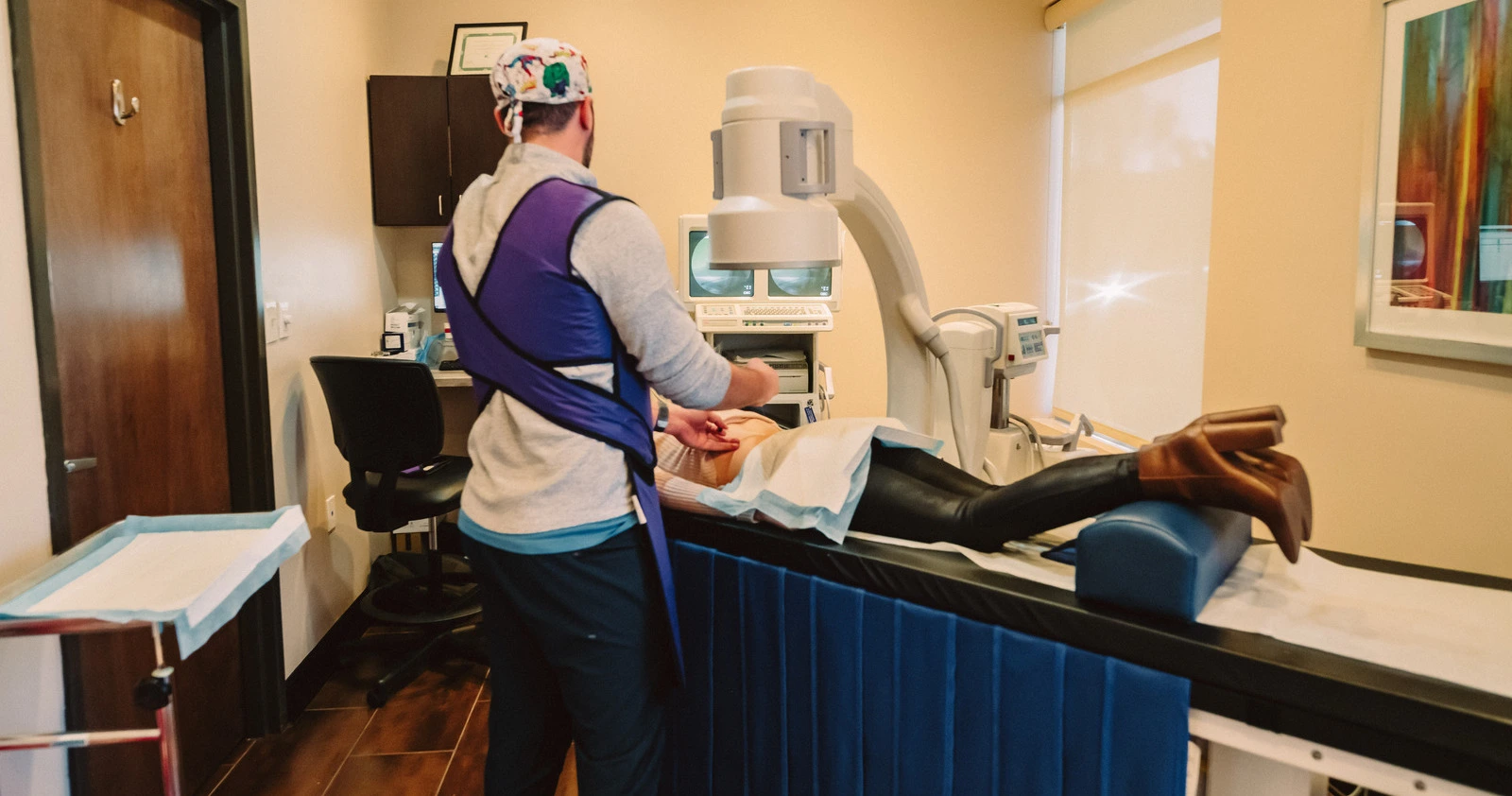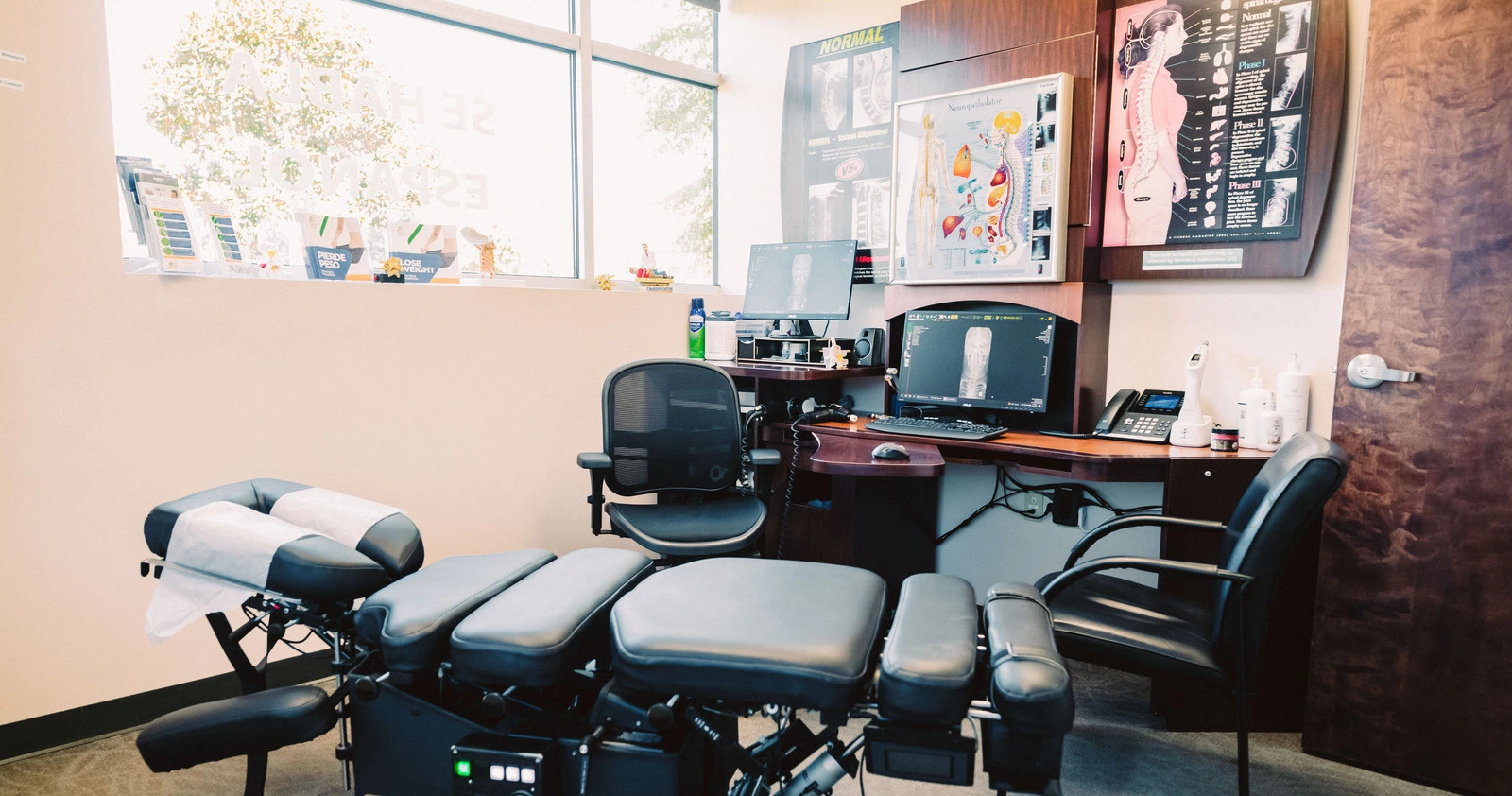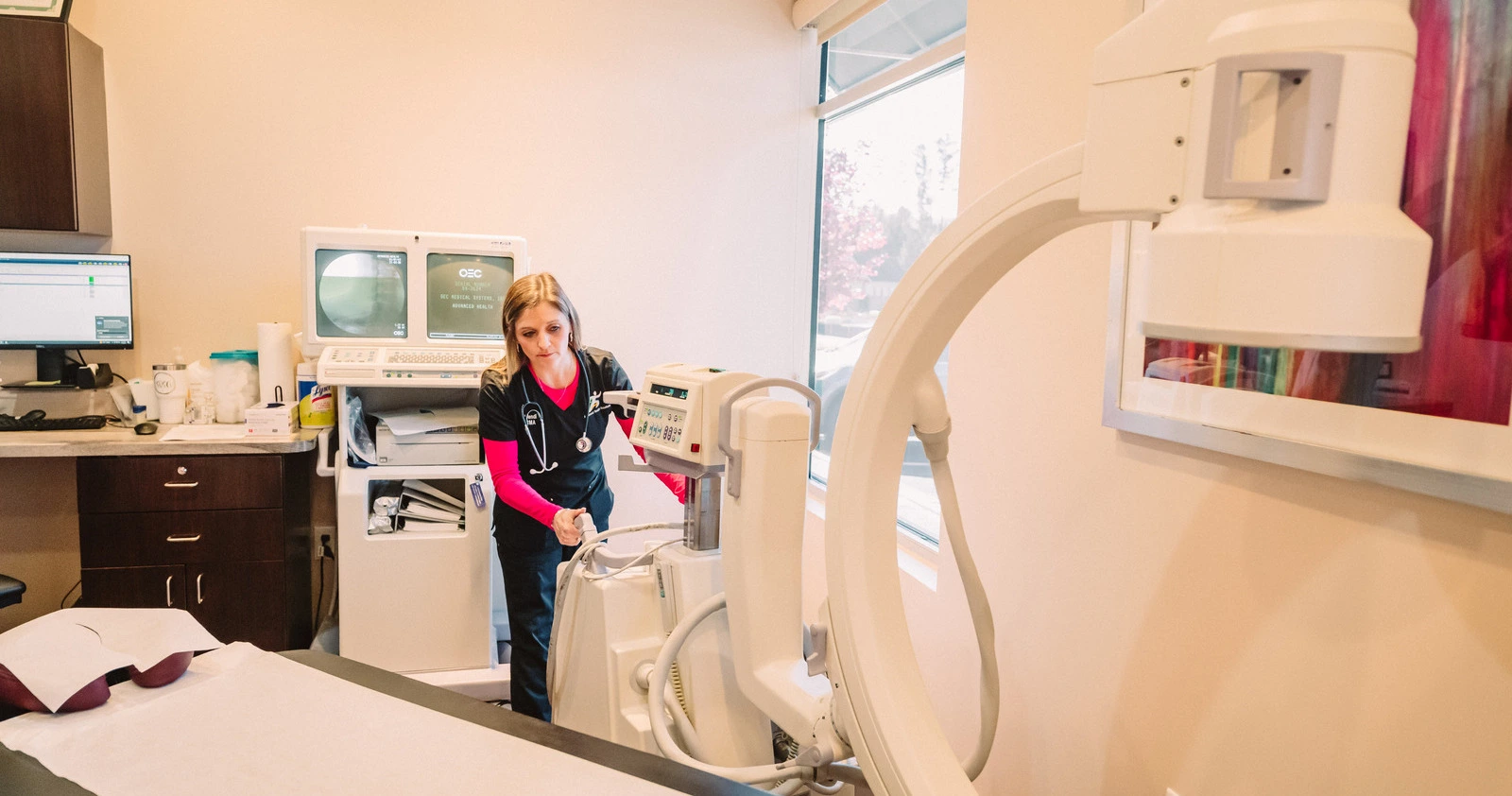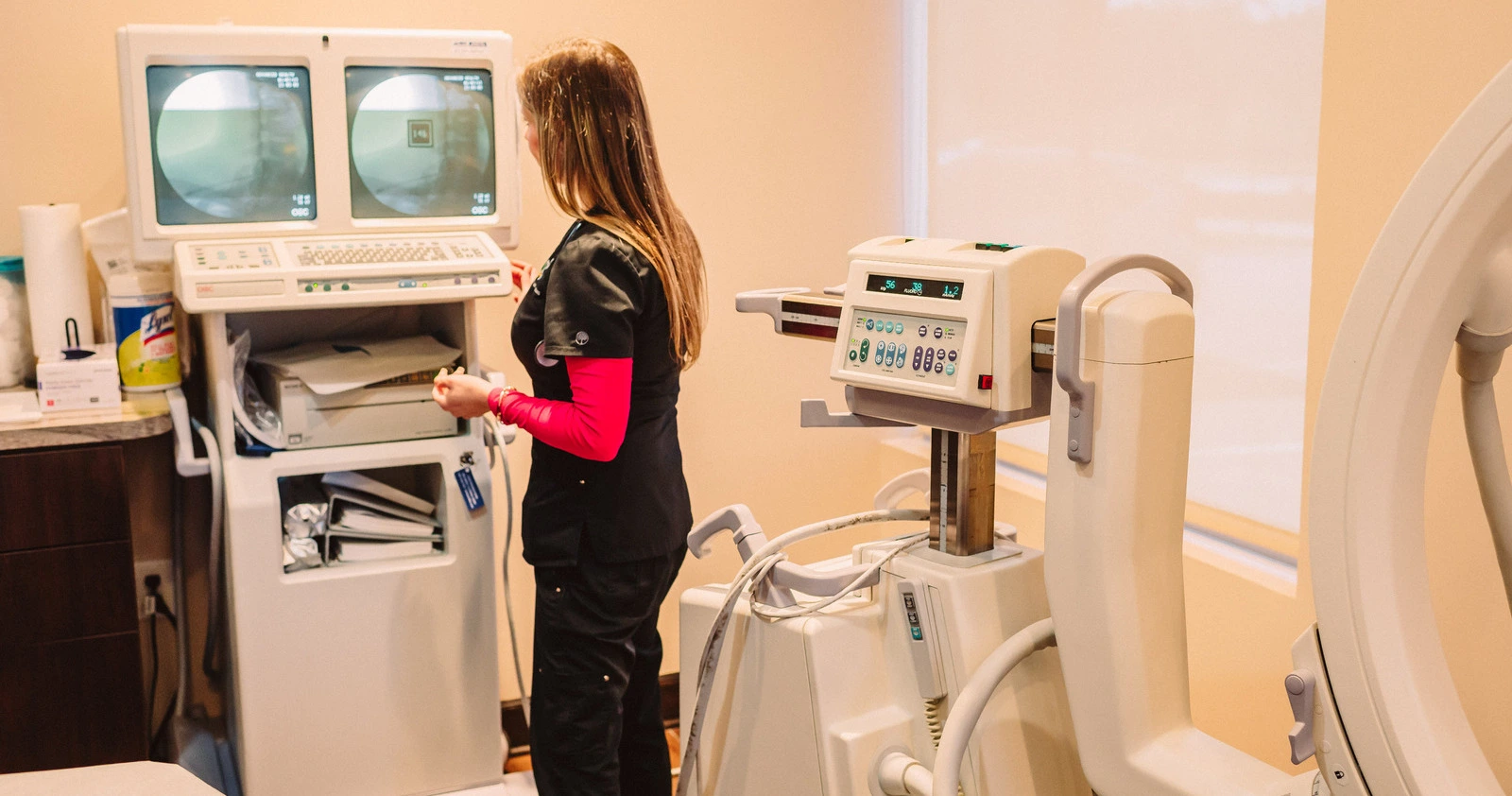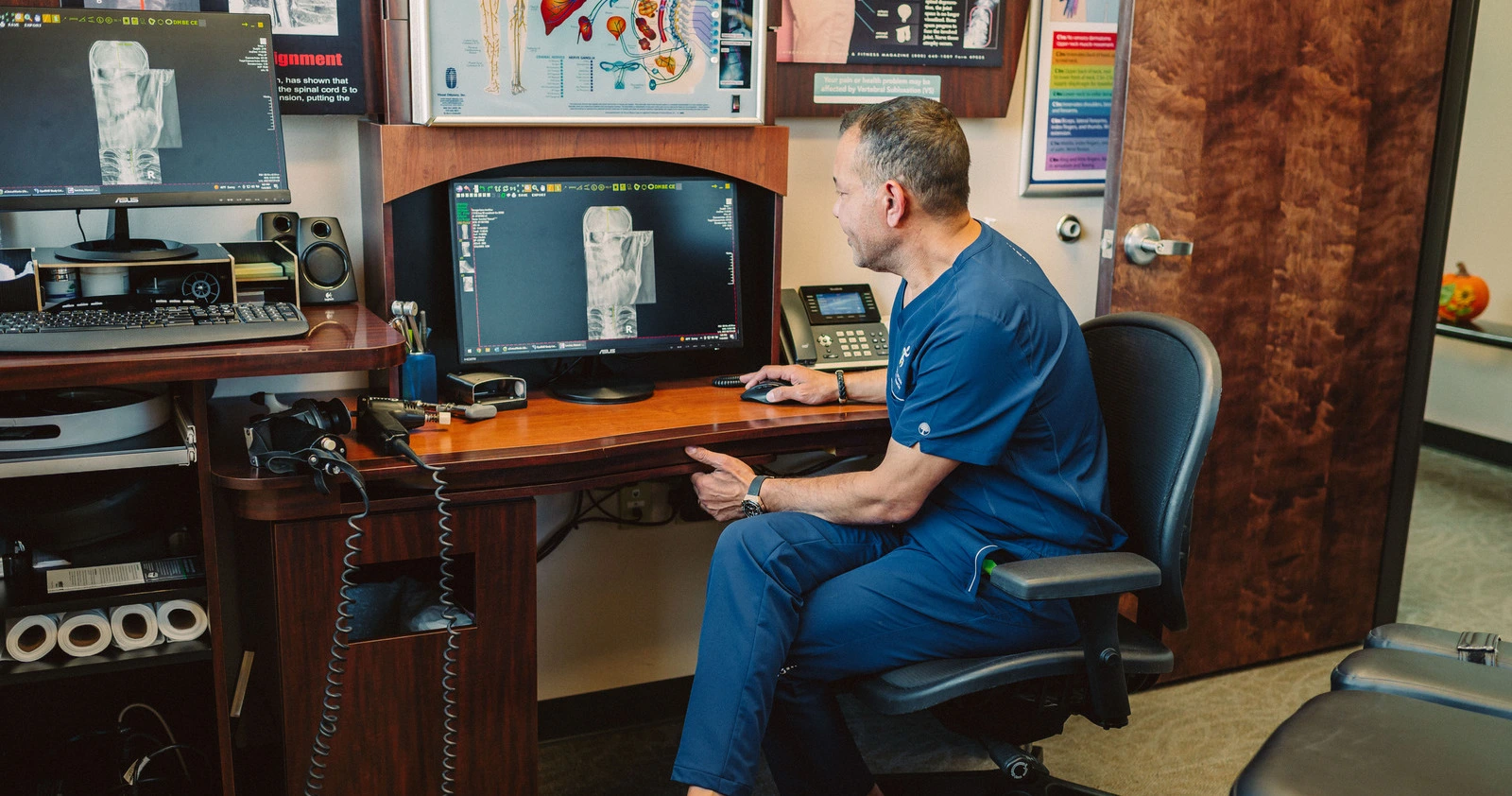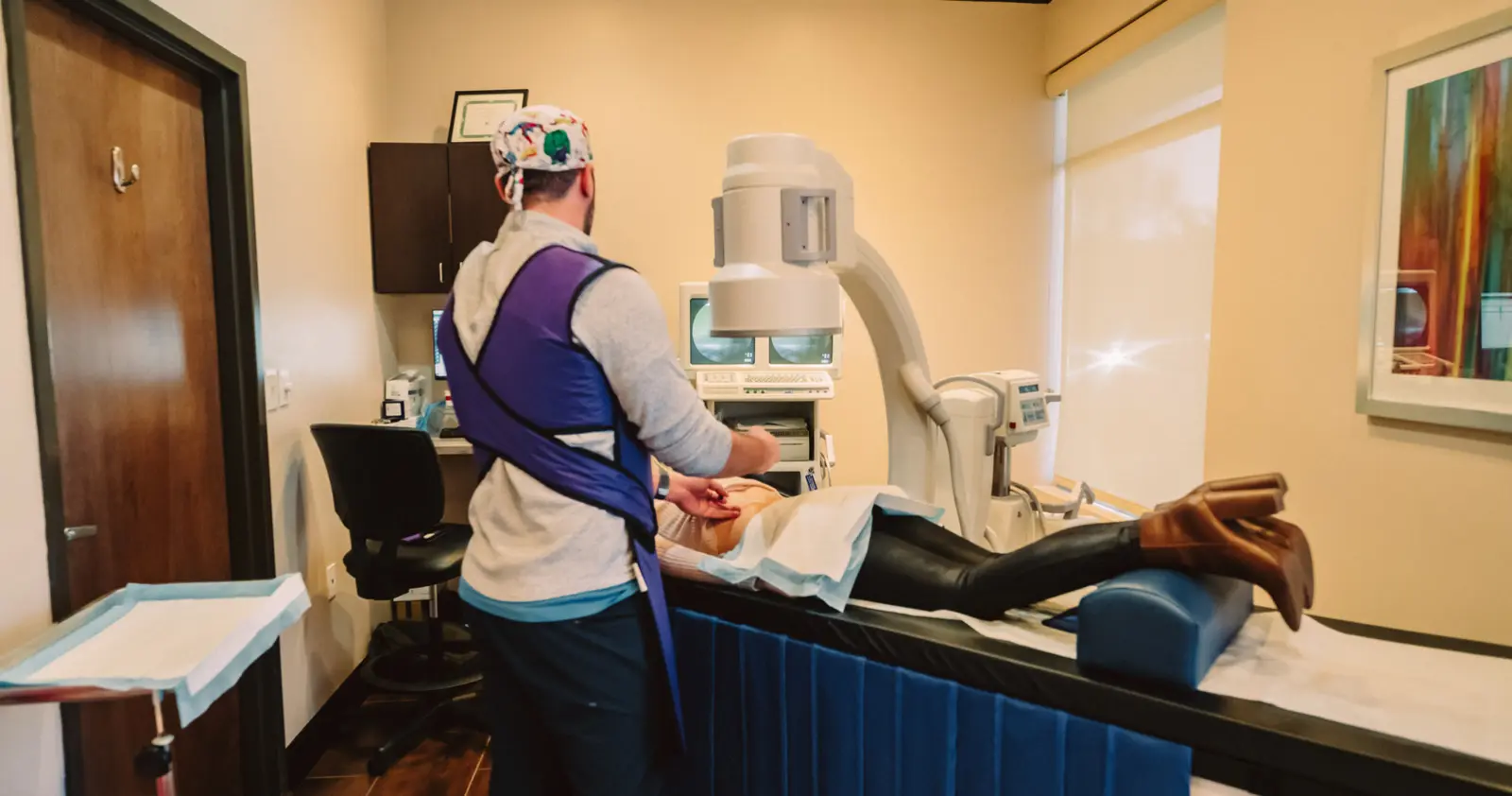
Chiropractic Care For Neck Pain
The neck, also known as the cervical spine, begins at the base of the skull and contains seven small vertebrae. The cervical spine incredibly supports the full weight of your head, which is on average about 12 pounds. While the neck can move your head in nearly every direction, this flexibility makes the neck very susceptible to pain and injury. Nowadays, seeking chiropractic care for neck pain has become common in the US and around the world.
The susceptibility of the neck to injury is due in part to biomechanics. Any activities and events that affect your cervical biomechanics include accidents, repetitive movement, extended sitting, falls and blows to the body or head, normal aging, and everyday wear and tear. Neck pain can be very bothersome, and it can have a variety of causes.
Here are some of the most common causes of neck pain:
- Injury and accidents – A sudden forced movement of the head or neck in any direction and the resulting “rebound” in the opposite direction is known as whiplash. The sudden “whipping” motion injures the surrounding and supporting tissues of the neck and head. Muscles react by tightening and contracting, creating muscle fatigue, which can result in pain and stiffness. Severe whiplash can also be associated with injury to the intervertebral joints, discs, ligaments, muscles, and nerve roots. Car accidents are the most common cause of whiplash.
- Osteoarthritis, a common joint disorder, causes progressive deterioration of cartilage. The body reacts by forming bone spurs that affect joint motion.
- Growing older – Degenerative disorders such as osteoarthritis, spinal stenosis, and degenerative disc disease directly affect the spine.
- Degenerative disc disease can cause a reduction in the elasticity and height of intervertebral discs. Over time, a disc may bulge or herniate, causing tingling, numbness, and pain that runs into the arm.
- Spinal stenosis causes the small nerve passageways in the vertebrae to narrow, compressing and trapping nerve roots. Stenosis may cause neck, shoulder, and arm pain, as well as numbness when these nerves are unable to function normally.
- Daily life – Poor posture, obesity, and weak abdominal muscles often disrupt spinal balance, causing the neck to bend forward to compensate. Stress and emotional tension can cause muscles to tighten and contract, resulting in pain and stiffness. Postural stress can contribute to chronic neck pain with symptoms extending into the upper back and the arms.
Chiropractic care is a non-surgical treatment option that may help reduce your neck pain and related symptoms. Listed below are some of the different types of neck (cervical) conditions that chiropractors can treat:
- Cervical intervertebral disc injuries that don’t require surgery
- Cervical sprain injuries
- Degenerative joint syndrome of the neck (e.g. facet joints)
- Whiplash
- Facet joint sprain
How Does a Chiropractor Diagnose Neck Pain?
During your visit to seek chiropractic care for neck pain, your chiropractor will perform exams to locate the source of your pain and will ask you questions about your current symptoms and remedies you may have already tried. For example:
- When did the pain start?
- Does the pain radiate or travel to other parts of your body?
- Does anything reduce the pain or make it worse?
- What have you done for your neck pain?
Your chiropractor will also do physical and neurological exams. In the physical examination, your chiropractor will observe your posture, range of motion, and physical condition, noting movement that causes pain.
Your chiropractor will feel your spine, note its curvature and alignment, and feel for muscle spasms. A check of your shoulder area may also be performed. During the neurological exam, your chiropractor will test your reflexes, muscle strength, other nerve changes, and pain spread.
In some instances, your chiropractor might order tests to help diagnose your condition. An x-ray can show narrowed disc space, bone spurs, fractures, or arthritis. A computerized axial tomography scan (a CT or CAT scan) or a magnetic resonance imaging test (an MRI) can show bulging discs and herniation. If nerve damage is suspected, your chiropractor may order a special test called electromyography (an EMG) to measure how quickly your nerves respond.
Chiropractors are conservative care doctors; their scope of practice doesn’t include the use of drugs or surgery. If your chiropractor diagnoses a condition outside of this conservative scope, such as a neck fracture or an indication of an organic disease, they will refer you to the appropriate medical physician or specialist. They may also ask for permission to inform your family physician of the care you are receiving to ensure that your chiropractic care and medical care are properly coordinated.
Your chiropractor will evaluate your spine as a whole because other regions of the neck (cervical), mid back (thoracic), and low back (lumbar) may be affected as well. Along with treating the spine as a whole, chiropractors treat the “whole person,” not just your specific symptoms. He or she may educate you on nutrition, stress management, and lifestyle goals in addition to treating your neck pain.
Before deciding on the right approach to try for your chiropractic care for neck pain, the chiropractor will do a thorough examination to diagnose the specific cause of your neck pain.
He or she will determine any areas of restricted movement and will look at how you walk as well as your overall posture and spinal alignment. Doing these things can help your chiropractor understand your body mechanics.
In addition to the physical exam, the chiropractor will also go through your past medical history, and he or she may order imaging tests (eg, an x-ray or MRI) to help him/her diagnose the exact cause of your neck pain.
All these steps in the diagnostic process will give your chiropractor more information about your neck pain, which will help him/her create a treatment plan customized for you.
Your chiropractor will also rule out a neck pain condition that will require surgery—if he or she believes your neck pain would be better treated by surgery, then you will be referred to a spine surgeon.
Chiropractic Treatments for Neck Pain
Your chiropractor may use a combination of spinal manipulation, manual therapy, and other techniques as part of your treatment plan for neck pain.
Below are some spinal manipulation techniques your chiropractor may use.
- Instrument-assisted manipulation uses a hand-held instrument to allow your chiropractor to apply force without thrusting into the spine.
- Flexion-distraction technique is a gentle, hands-on spinal manipulation that involves a pumping action on the intervertebral disc instead of direct force.
- Specific spinal manipulation helps restore joint movement using a gentle thrusting technique.
Your chiropractor may also use manual therapies to treat your neck pain.
- Manual joint stretching and resistance techniques can help reduce neck pain and other symptoms.
- Instrument-assisted soft tissue therapy uses special instruments to diagnose and treat muscle tension.
- Trigger point therapy is used to relieve tight, painful points on a muscle.
- Therapeutic massage can help relax tense muscles.
Other therapies may also be used to ease neck pain symptoms.
- Inferential electrical stimulation uses a low-frequency electrical current to stimulate neck muscles.
- Ultrasound sends sound waves into your muscle tissues to help stiffness and pain in your neck.
Therapeutic exercises may also be recommended – these can help improve the overall range of motion in your neck and prevent neck pain from progressing.
The treatments listed above are examples of possible chiropractic care for neck pain; your actual treatment plan will depend on your diagnosis. Your chiropractor should thoroughly explain your treatment options so that you know what will happen.
Neck Adjustments
A neck adjustment (also known as cervical manipulation) is a precise procedure applied to the joints of the neck, usually by hand. A neck adjustment works to improve the mobility of the spine and restore range of motion; it can also increase the movement of the adjoining muscles. Patients typically notice an improved ability to turn and tilt the head, and a reduction of pain, soreness, and stiffness.
Of course, your chiropractor will develop a personalized plan of care that may combine more than one type of treatment, depending on your personal needs. In addition to manipulation, the treatment plan may include mobilization, massage or rehabilitative exercises, or something else.
Chiropractic Care For Neck Pain
At Advanced Health Solutions – GA Spine & Disc, we offer high-quality chiropractic care for neck pain that is tailored to meet the individual patient’s needs. Visit our clinic or contact us at (770) 926-9495 or online to book your appointment today.

